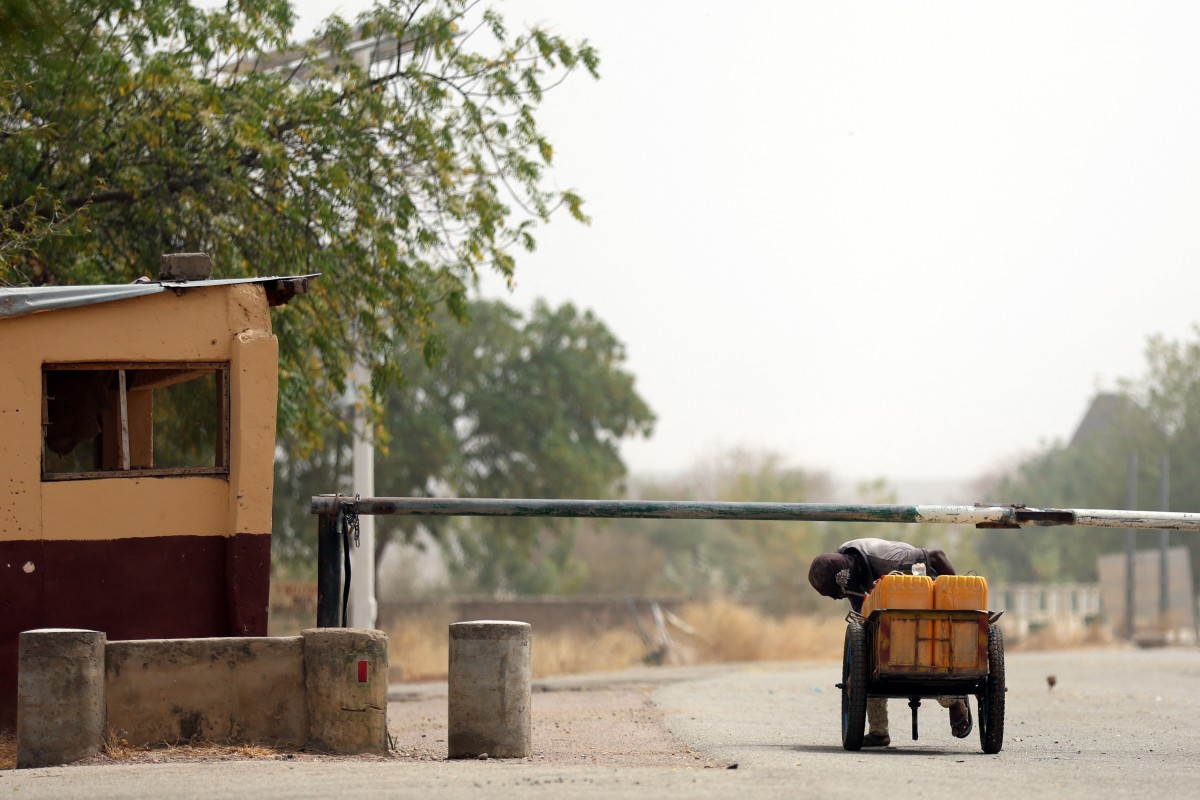
The revelation by personnel of the Joint Border Patrol Team, that their two-and-a-half years’ Duty Travel Allowances (DTA), for accommodation and feeding have not been paid, is, to say the least, shocking and inhumane. Given the realities of today’s economic hardship occasioned by the government’s high-handed policies, especially the high cost of living, it is painful to imagine a set of workers being owed allowances for that length of time.
It is also bothersome that the country’s very sensitive borders are presently left in the care of personnel who are not remunerated adequately and timeously. Apart from affecting their morale, the security of the country is put at risk when the personnel are left to their devices, susceptible to all manner of enticements.
According to a report, the inter-agency Joint Border Patrol Team, originally code-named Joint Border Drill, was piloted in 2019 by the Office of the former National Security Adviser (NSA), and then headed by Major General Babagana Monguno, in collaboration with the Nigeria Customs Service (NCS) and the Nigeria Immigration Service (NIS). At the time, just as it is today, insecurity was a major cause for concern. Monguno had observed then that “Nigeria’s excessive land and maritime borders are incredibly porous and poorly managed…”
Upon the observation by the government that porous borders were a major source of transnational organised crimes, in addition to smuggling and human trafficking, a ban was imposed along the border routes, necessitating the patrol team to be put in place to ensure total compliance within the border. Personnel of the patrol team were drafted from military and para-military forces and stationed at strategic border posts, including Idi-Iroko, Seme, Jibia, Kamba, Maigatari and Illela.
In February 2020, it was learnt, former Comptroller General of NCS, retired Col. Hameed Ali, affirmed the need and urgency for the patrol team to combat the importation of illegal arms that threatened the country’s internal security; trafficking in contrabands as well as boost local food production. Open and unmanned borders meant an easy influx of goods and products into the country, equivalents of which are produced locally.
No doubt, policing Nigeria’s land area of 923,768 square kilometres (356,669 square miles), together with the 853 kilometres of coastline, is no easy task. Yet, the territorial integrity of the country is too important for any sort of compromise. Putting together the border team was therefore a necessary policy. That meant that those who formulated the idea must not create loopholes for undeserving elements to exploit.
We are concerned that five years into its operation of the border patrol, allowances of the personnel are not paid, forcing them to cry out of late. In their lamentation, they said they were paid the said allowances for an initial 18 months. They also said they have spent five years at one location, a practice which according to them shouldn’t be. They are only required to spend two and a half years at one particular location.
The personnel are also not safe as a result of heightened cross-border banditry and terrorism. Some of them, reports noted, were kidnapped and murdered by bandits on their way to Kwara. Certainly, this situation calls for the authorities to quickly accomplish ongoing tasks to consolidate the services of the team to tidy prompt remuneration.
As promised by the Customs spokesman, Abdullahi Maiwada, Nigerians demand a quick review of the procedure to consolidate the initial ad hoc formation of the border patrol team. The standard practice globally is that border issues are not treated in an ad hoc and lackadaisical manner.
Also, the Office of the NSA and the Immigration Service, and other agencies concerned should fine-tune processes to ensure that allowances of all border personnel are paid without discrimination or inordinate delay; whether Army, DSS, Customs or NIS. All services deserve full protection and attention.
This is more so as the Federal Government has expressed commitment to border security, as reaffirmed by the Minister of Interior, Olubunmi Tunji-Ojo. The internal security of the country is intricately connected to effective border control. Hopefully, the interim report of the Inter-Ministerial Committee on Integrated Border Governance has captured issues regarding personnel safety and welfare. Innovative solutions must recognise the place of the personnel that cover the systems as well as those in remote border posts.
The minister was right when he said border security is the cornerstone of the country’s defence, but he must be seen to give due effect to that statement. Collaboration and synergy with border communities is a sure way to gather soft intelligence. More than before, as globalised terrorism spreads, the government must ensure that the security of the homeland is not compromised. Indeed, terrorism in Nigeria attained its present unwholesome height because the government failed to nip it in the bud quickly, and instead, allowed it to take firm roots and consequently fester.
That poor attitude costs the country countless lives, huge property and massive public funds that could have been otherwise utilised for critical public utilities. Government can still reverse the appalling situation, by paying greater attention to the border. That requires that all personnel are on top of their beats. There should be no excuses.






